1. The Coca-Cola “I’d Like to Buy the World a Coke” Commercial
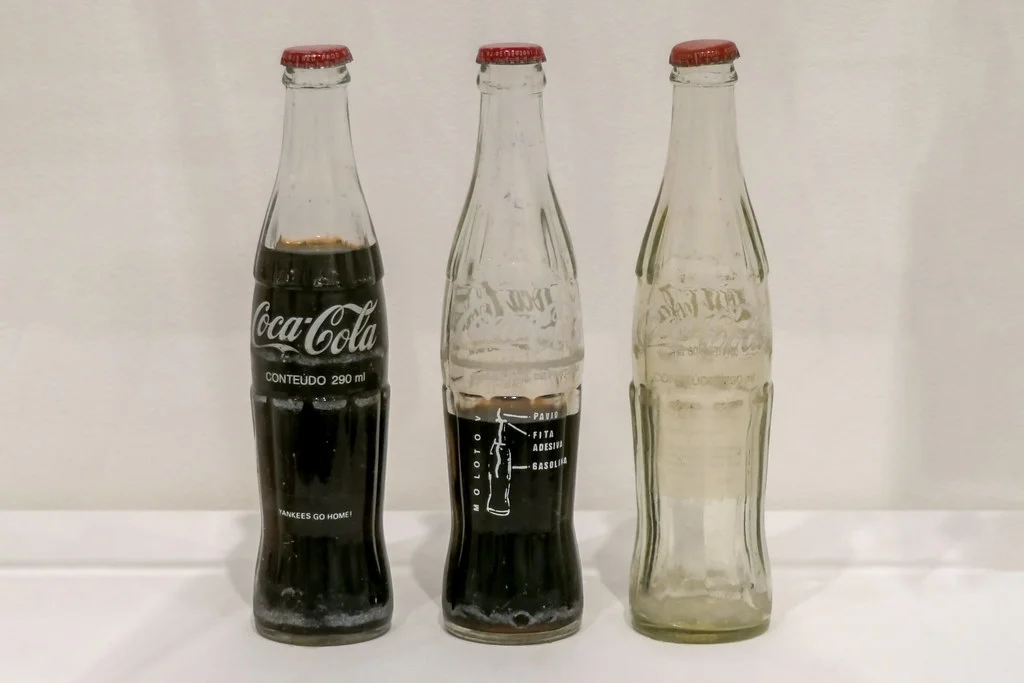
This ad became one of the most iconic of the ’70s, showing a diverse group of young people standing together on a hilltop, singing about unity and peace. The catchy jingle, “I’d like to buy the world a Coke and keep it company,” became synonymous with the brand’s image as a symbol of happiness and togetherness. The message was clear: Coke wasn’t just a soda, it was the drink that brought people together.
The ad’s widespread popularity turned a simple beverage into a symbol of social harmony. People rushed to grab a bottle, hoping to feel a bit of that carefree spirit. In a world full of social change, the commercial tapped into a collective desire for unity, and it made us all think we needed to share a Coke with a stranger to make the world a little better.
2. Alka-Seltzer “I Can’t Believe I Ate the Whole Thing”
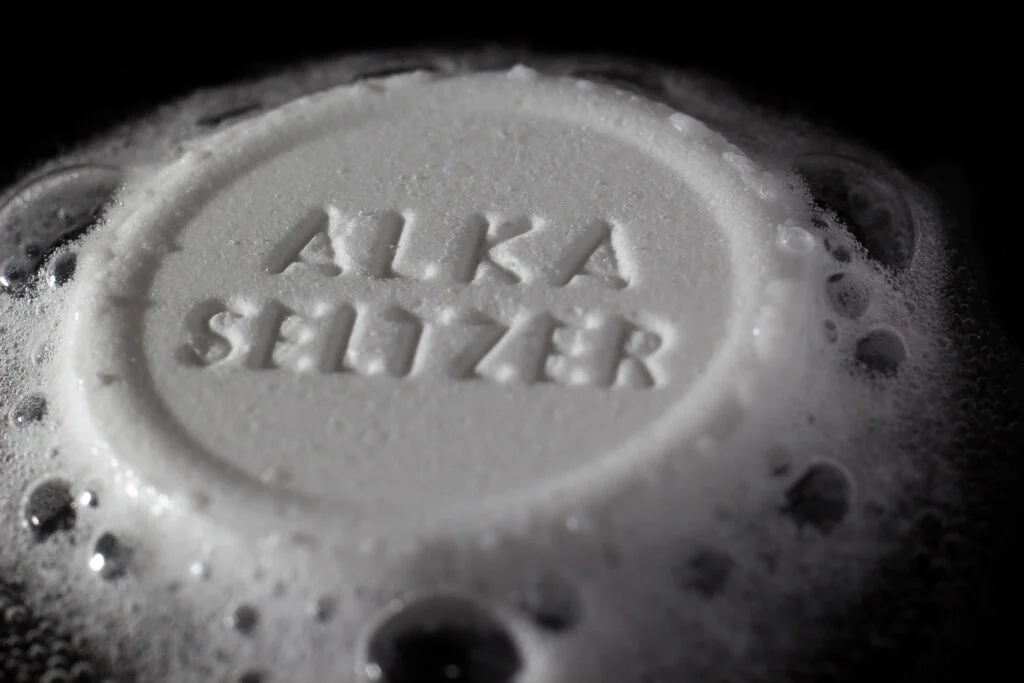
Few commercials from the ’70s had the same staying power as the Alka-Seltzer ad featuring a man lamenting, “I can’t believe I ate the whole thing.” The humorous scenario of overindulgence resonated with many viewers who had felt the pain of overeating and later regretted it. It was an honest, funny take on the discomfort of a bad meal, making Alka-Seltzer seem like the immediate solution.
This ad had us all believing that the cure to a heavy stomach wasn’t just rest—it was Alka-Seltzer, of course. The memorable line and comedic performance of the actor became a part of pop culture, making the product feel like a must-have for anyone who didn’t want to suffer from a food coma.
3. The “Marlboro Man”
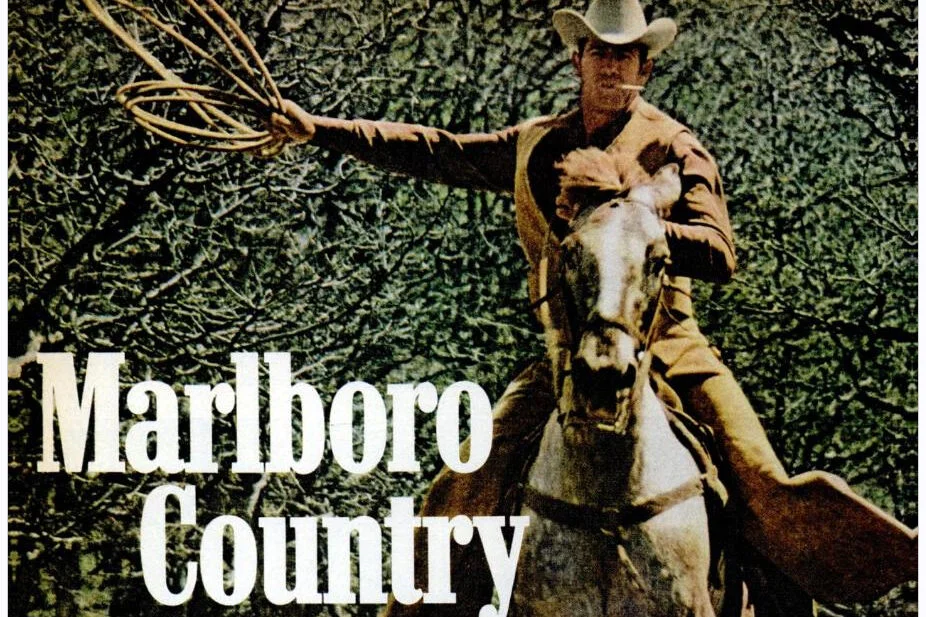
By the ’70s, the Marlboro Man was more than just a cowboy on a horse. He had become the face of rugged masculinity and freedom, thanks to a series of print and TV ads that cemented the Marlboro brand as a symbol of the American spirit. His stoic presence, coupled with the smooth satisfaction of a Marlboro cigarette, made us think we needed to embody that same cool and rebellious image.
The “Marlboro Man” spoke to the desire for independence and adventure, even though smoking’s health risks were becoming more evident. Still, the image of that lone cowboy, cigarette in hand, captured the imagination of millions. It made the product seem like a shortcut to that elusive sense of freedom, encouraging smokers to adopt that persona as their own.
4. Federal Express “When It Absolutely, Positively Has to Be There Overnight”
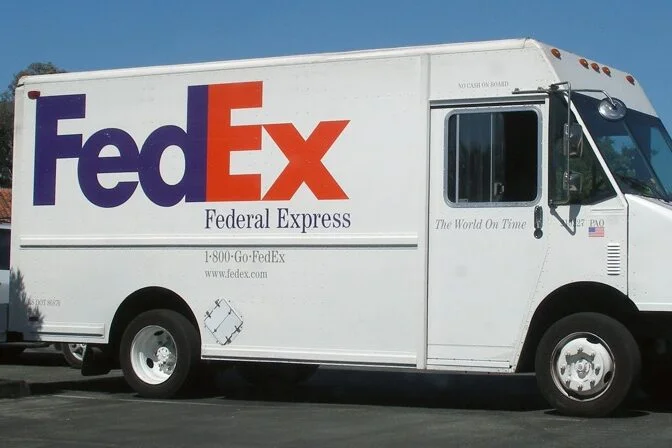
This Federal Express ad was a game changer, introducing the world to the idea of guaranteed overnight shipping with a bold promise: “When it absolutely, positively has to be there overnight.” It was revolutionary for its time, making the process of sending packages not only fast but also reliable. The confident slogan reassured customers that their parcels would arrive safely and on time.
Before FedEx, people didn’t always have confidence in shipping services, but this campaign changed that. It turned the mundane task of mailing a package into something you could trust completely. The company’s emphasis on speed and reliability made us think we needed that level of assurance in our own lives, whether we were sending important documents or personal gifts.
5. Volkswagen “Think Small”
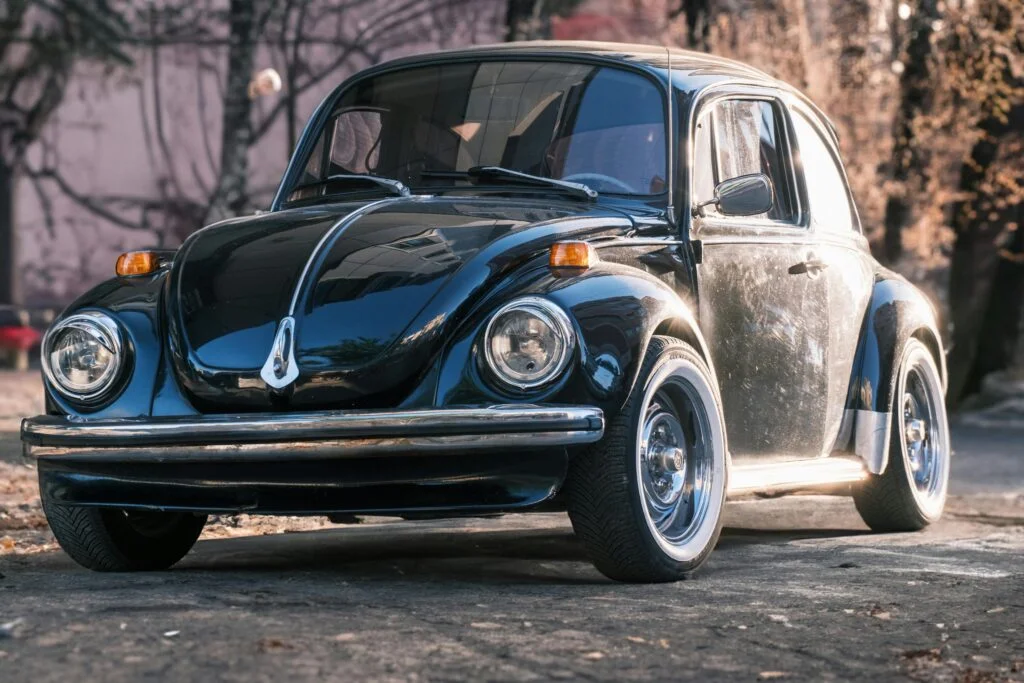
In a sea of flashy car commercials, Volkswagen’s “Think Small” campaign stood out by embracing minimalism. Instead of boasting about high performance or luxury features, the ad focused on the practicality and affordability of the Volkswagen Beetle. The quirky, humble approach made the car feel like the perfect option for those who didn’t need to flaunt their wealth.
This simple yet effective campaign played into the growing countercultural movements of the ’70s, where people began to reject excess in favor of more sensible, authentic choices. By positioning the Beetle as a no-nonsense, affordable alternative, Volkswagen made us believe we needed a car that reflected our values of simplicity and practicality. The understated appeal worked like a charm, and the Beetle’s popularity soared.
6. TWA “The Friendly Skies”
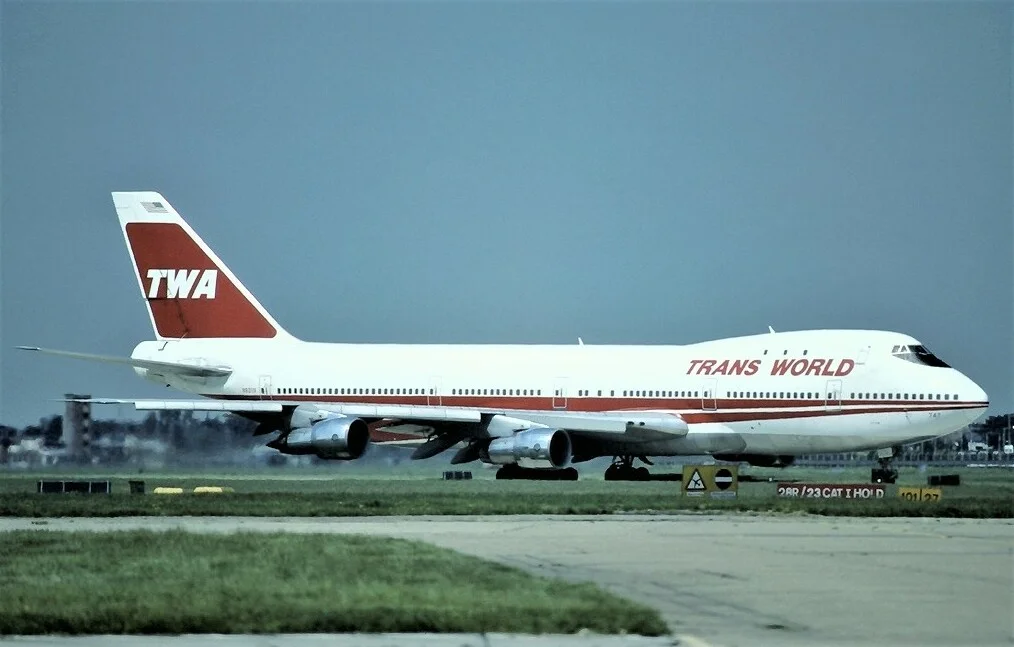
Trans World Airlines (TWA) launched its “The Friendly Skies” campaign in the early ’70s, promising a comfortable and enjoyable flying experience. The campaign focused on making air travel feel accessible and enjoyable, with smiling flight attendants and spacious seating. The slogan became synonymous with luxury travel, making us believe that flying wasn’t just about getting from point A to point B—it was an experience in itself.
At a time when air travel was becoming more common, TWA set itself apart by highlighting the personal touches that made their service stand out. The campaign made us all think we deserved the friendly skies, where the flight wasn’t just about the destination but the journey. It sparked the idea that air travel could be a pleasurable experience rather than just a necessary task.
7. Wheaties “The Breakfast of Champions”

Wheaties’ “Breakfast of Champions” slogan has endured for decades, largely thanks to its association with top athletes and Olympic champions. In the ’70s, Wheaties ads featured iconic athletes like Muhammad Ali and Jack Nicklaus, making the cereal seem like the key to peak physical performance. The tagline gave the product an aspirational quality, suggesting that eating Wheaties could help you be your best, just like the champions on the box.
This marketing tactic turned an everyday breakfast into something extraordinary. It made us believe that we too could be champions by simply eating the same cereal as our heroes. Wheaties became the ultimate symbol of athleticism, encouraging consumers to make the cereal part of their daily routine in hopes of reaching greatness.


